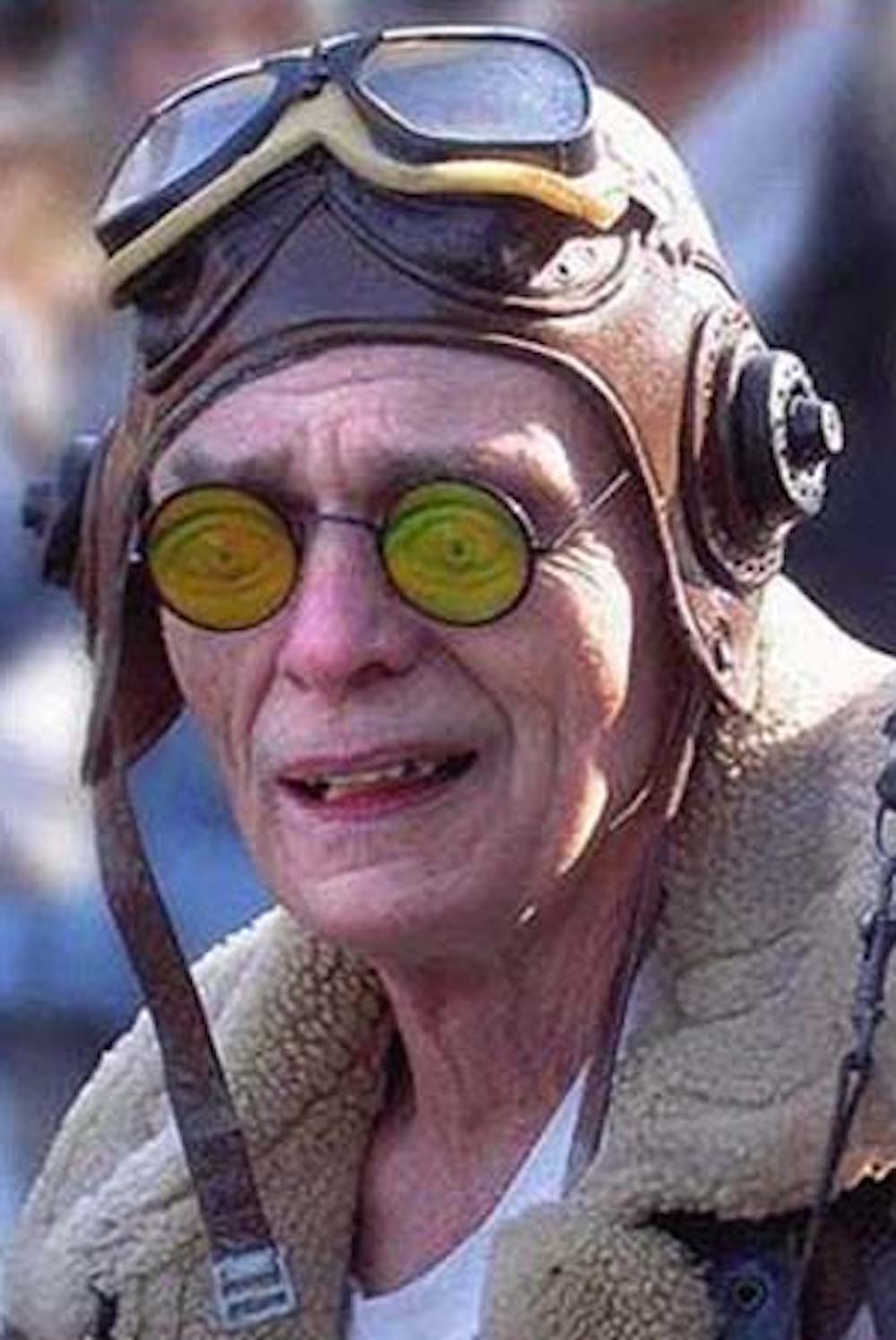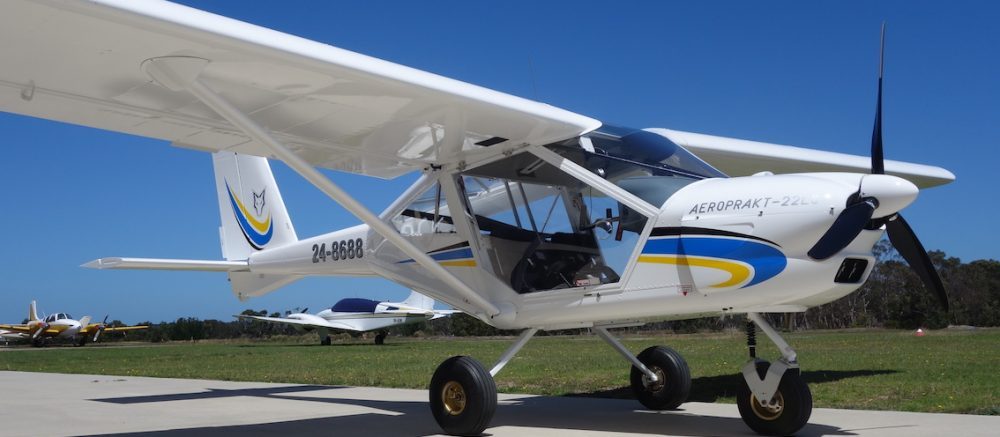 Here’s an interesting one – should there be a fixed retirement age for GA (ie light aircraft) private pilots?
Here’s an interesting one – should there be a fixed retirement age for GA (ie light aircraft) private pilots?
Airline, military and other professional pilots have a mandatory retirement age of 65, sometimes younger. And even before retirement age, it is sometimes required that a co-pilot is mandatory and must be under the age of 60. But as such, there is no official retirement age for us recreational and sport pilots.
A recent study in USA (by Alpo Vuorio and others, published in Aerospace Medicine and Human Performance) looked at over 100 fatal accidents involving private pilots in the age range 70 to 92 years over a 10-year period. Pilots in this age range represent a relatively small percentage of the pilot population (around 7% on most recent figures).
The study looked at the possible contribution of anti-depressants and anti-histamines in fatal accidents.
It was found that anti-histamines were present in the blood of almost 20% of the pilots in this age range who died in aviation accidents. The study concluded that this may be because, in this age group, the sedative effects of anti-histamines may be used as sleep medication – but the problem is that anti-histamines reduce REM (‘rapid eye movement’) sleep and therefore may impair performance.
Anti-depressants were present in almost 10% of pilots who died in accidents. While there are anti-depressants which are suitable for use by pilots, there are plenty which are not, because of their negative side-effects, including fatigue, drowsiness and blurred vision. The study also noted that over 12% of fatal accident pilots had been taking three or more different drugs at the time of their fatal accident.
These findings are interesting in the light of the trend towards GP based (rather than Designated Aviation Medical Examiners – DAMEs) for GA and recreational medicals. On the one hand, it could be argued, GP medicals may not be as stringent as those by a DAME, on the other hand it is likely that a pilot’s GP will be more aware of medications which the pilot may be taking and their overall general health.
All this attention on medications should not divert attention from the inexorable process of ageing, which takes its toll on reaction times, physical strength, eyesight, hearing etc etc. Some older friends and colleagues of mine have decided to hang up their flying goggles after a near accident; others took the decision before it was made for them. Whatever our age, we should all fly within our capabilities and watch out for the occasional bounced landing which gradually, almost imperceptibly, becomes the norm. And we all read about Harrison Ford* (age 74) landing on a taxiway, over the top of a waiting airliner, even though he probably has more flying experience than most of us….
As some kind of a safety net, there is a 2-yearly compulsory Aircraft Flight Review (an AFR; used to be called a Bi-Annual Flight Review, or BFR) to at least identify potential pilot shortcomings and give advice on improvement – maybe the check instructor should be asking what medications the pilot has taken in the 48 hours before the review?
But overall, to reduce the chance of an accident, stay fit, sleep well, don’t fly if you’re under the weather(!), avoid anti-histamines and anti-depressants and read the side effects of any and all medications. If in doubt stay on the ground and don’t risk becoming a statistic….whatever your age!
* There is no intention here to suggest that Harrison Ford was taking any medication or any other drugs which may or may not have influenced his decision making
